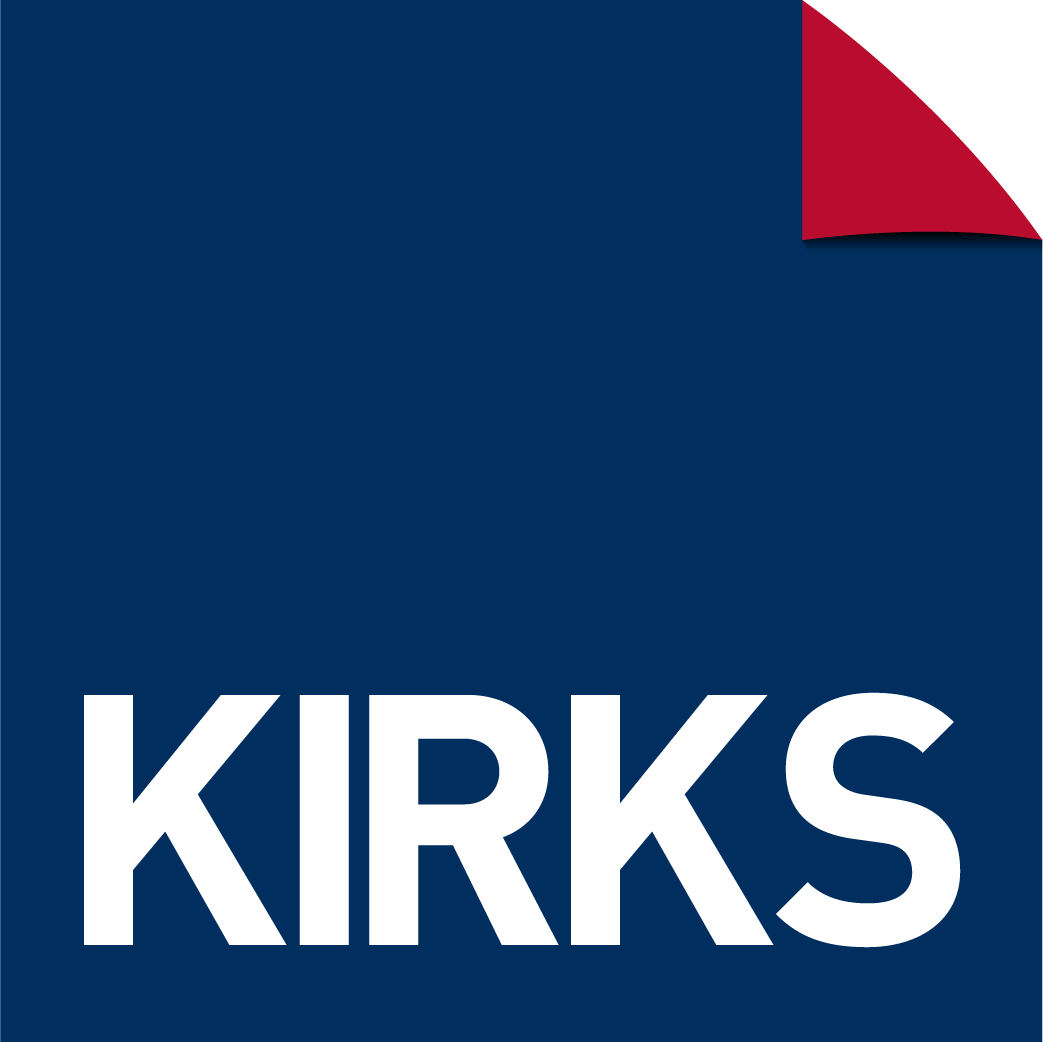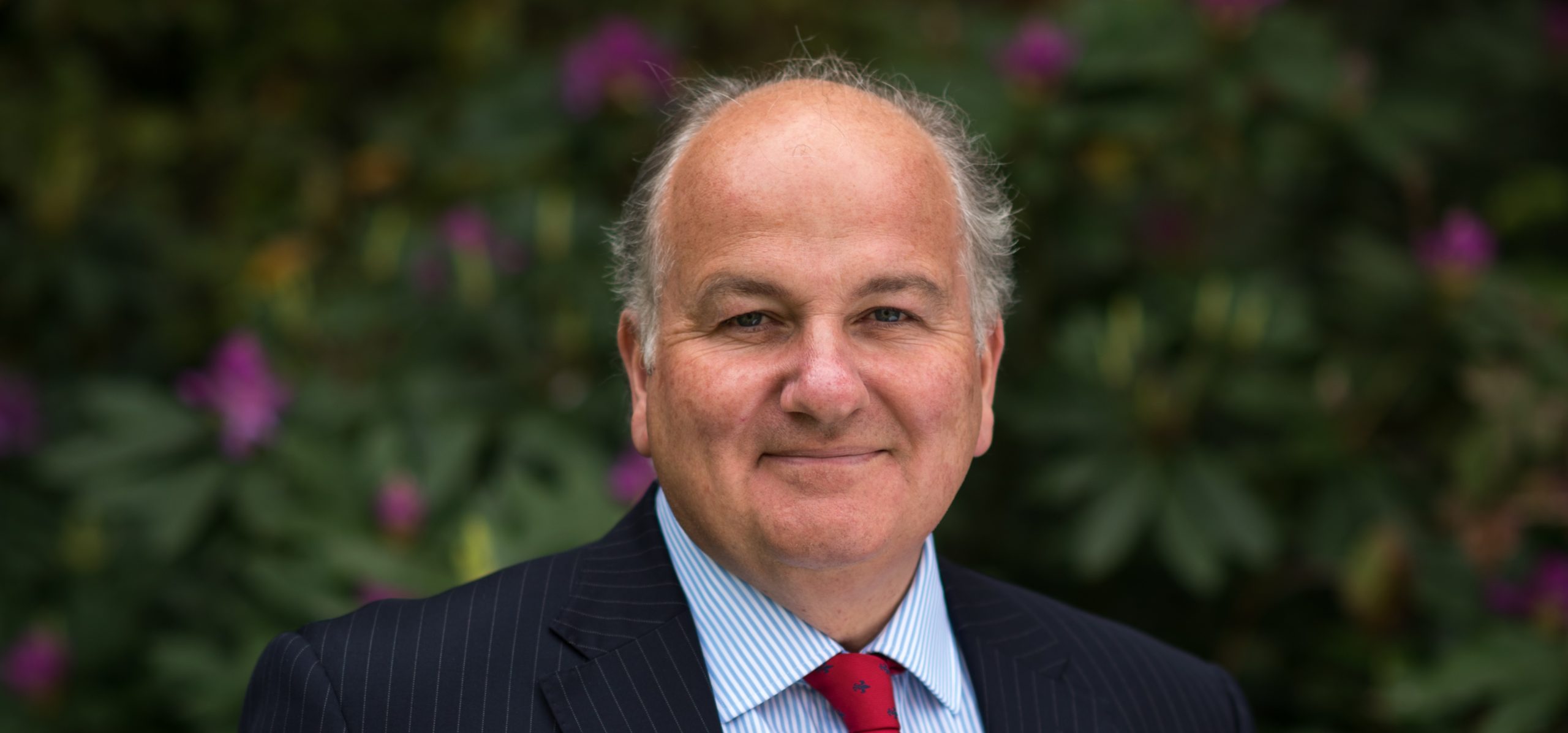The quick answer
A Creditors Voluntary Liquidation (also known as a CVL) is where a business closes due to insolvency and goes into Liquidation.
This usually happens because the company is loss making and can no longer be made profitable or the owner does not wish to continue trading.
Directors (or partners in an LLP) must choose a Licensed Insolvency Practitioner like us to assist them with the winding up of the company or LLP. It means that the business will cease trading and all creditors will be notified. The assets will be sold and all staff made redundant .
In more detail
WHY WOULD I NEED A CREDITORS VOLUNTARY LIQUIDATION?
It might not sound very ‘voluntary’ but the term for the process the directors choose to close is called a Creditors Voluntary Liquidation.
When a business owes more than it owns or is unable to pay its debts as they fall due then for legal purposes it is insolvent.
If the business can not trade out of this position – and by this I mean that it can not make the financial position better by making profits in the future, then it should close. To continue risks the directors being liable for misfeasance or wrongful trading.
In this situation, the directors need to take professional advice from someone like us as we are Licensed Insolvency Practitioner.
The CVL Procedure
The process of making a Creditors Voluntary Liquidation happen is usually controlled by the Licensed Insolvency Practitioner chosen by the directors. The insolvency practitioner will usually help with the CVL process and the following is a summary of what happens in the two weeks up to the date of liquidation:
- All the business staff are laid off and the business premises closed.
- The insolvency practitioner prepares all of the legal paperwork for the directors to sign and letters are sent to all of the shareholders notifying them of a proposed meeting to pass a resolution making the company go into liquidation.
- Letters are also sent to all of the creditors notifying them of a meeting or deemed consent procedure to consider the resolution to put the company into liquidation and choose the liquidator.
- The company is in liquidation after those meetings.
WHAT HAPPENS AFTER THE COMPANY GOES INTO LIQUIDATION?
After the shareholders and creditors meetings, the liquidator takes control. Their objective is to:
- Realise the assets which usually means selling plant, machinery and vehicles at auction.
- Collect in any book debts.
- Close bank accounts.
- Investigate what happened.
- Ask the directors to fill in questionnaires to help with that investigation.
- File a report with the Insolvency Service within three months on the director’s conduct.
- Write to creditors and agree their claims.
- The liquidator will try and pay a return from the assets to creditors. This is called a dividend.
- Finally, the liquidator will close the case when all matters have been dealt with.
HOW LONG DOES A CREDITORS’ VOLUNTARY LIQUIDATION LAST?
A normal Creditors Voluntary Liquidation will last for a year but more complex cases can stay open for much longer. In particular, a case may be kept open to deal with ongoing litigation or the sale of property.
A Word Of Advice
Make sure when choosing a suitably qualified and experienced liquidator that they are a properly “Licensed Insolvency Practitioner”. There are a number of firms advertising themselves as “licensed” but all they have is a consumer credit licence.
Their objective can sometimes be to just charge you a fee and pass you onto someone else.




